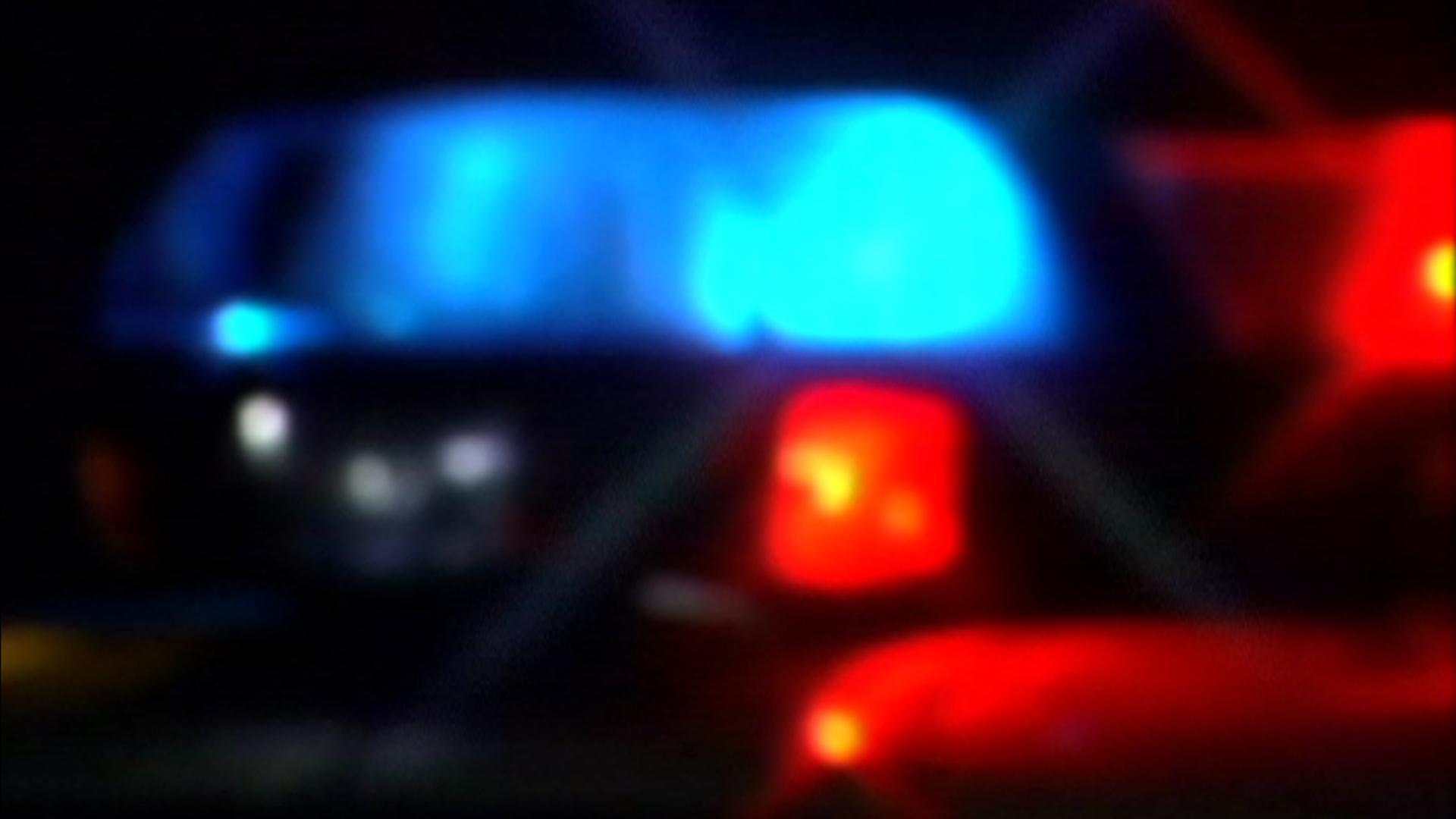Black people accounted for nearly 13% of traffic stops in California in 2022, far above their 5% share of the state’s population, according to a report released Wednesday under a law designed to address racial profiling of motorists and pedestrians by police.
The annual report, compiled by California’s Racial and Identity Profiling Advisory Board, for the first time included data from all law enforcement agencies in the state.
Andrea Guerrero, co-chairperson of the board and executive director of Alliance San Diego, said in a statement that the “scale of data that California is collecting allows us to say definitively that profiling exists — it is a pervasive pattern across the state.”
“We must now turn to the hard work of ending profiling by bringing all the stakeholders to the table to ascertain and change the policies and the practices that enable it,” Guerrero said.
Get top local stories in San Diego delivered to you every morning. Sign up for NBC San Diego's News Headlines newsletter.
The board’s report includes data from nearly 4.6 million vehicle and pedestrian stops by officers from 535 law enforcement agencies in 2022. Another 25 departments each reported conducting zero stops in 2022.
The report includes what officers perceived to be the race, ethnicity, gender and disability status of people they stop so that the state can better identify and analyze bias in policing.
The data includes how officers perceive an individual’s race or gender, even if it’s different than how the person identifies, because the officer’s perception is what drives bias, the report said.
California
The board’s work informs agencies, the state’s police office training board and state lawmakers as they change policies and seek to decrease racial disparities and bias in policing.
Police reported that Hispanic or Latino people made up nearly 43% of the 2002 traffic stops, and that white people accounted for more than 32%.
Census estimates from 2021 say Black or African American people made up only 5.4% of California’s population of roughly 39 million, while white people were about 35.8%. Hispanic or Latino people made up roughly 32% of the state’s population that year.
The advisory board used 2021 population figures because it was the most recent data available at the time of their analysis.
During the 2022 traffic stops, motorists and pedestrians perceived to be Native American were searched and handcuffed at the highest rates, while Black people were more likely to be detained curbside or in a patrol car, the report said.
The advisory board's recommendations include ending all so-called "pretextual stops" — stops in which officers use a minor traffic offense as an opening to investigate a driver for contraband or other crimes — as well as limiting the role of police in traffic law enforcement.
The Los Angeles Police Protective League and the San Francisco and San Jose Police Officers Associations issued this joint statement in response to the California Racial and Identity Profiling Advisory Board report:
"This latest RIPA report takes the easy way out by relying on a dizzying number of charts, figures and statistics instead of presenting a serious public policy analysis. The reality is that law enforcement professionals target behavior and enforce the laws that are on the books. The report attempts to make the case that any car stop above the population percentage of any given race must be racial profiling. That’s intellectually dishonest. Apparently, the RIPA report authors are advocating for some sort of racial quotas when it comes to enforcing traffic laws, regardless of the observed behavior of drivers. Simply put, if a driver has a car with out-of-date vehicle registration tags, a broken brake or headlight, or is driving recklessly or speeding, then they are most likely going to get pulled over. That is all about behavior and not race.
How do car stops in jurisdictions align with the demographics of reported criminal suspects? Why is it that in the jurisdictions that have reduced stops, or ended pretext stops, the racial make-up of the stops does not vary very much, nor do the results of searches? Is it because race is not a driving factor in stops?
This report lacks any objective or thorough analysis as to why some individuals choose to drive without valid car registration tags or in a vehicle that is unsafe for the road. Could it be California's exorbitant vehicle registration fees? Could it be rampant inflation that has caused auto repair costs to skyrocket? Could it be the high cost of mandatory auto insurance that may put poor drivers in the unenviable position of choosing between paying for insurance or registering their car?
The report fails to analyze which locations in the state have the lowest rates of vehicle registration. Do those locations have a higher number of car stops for expired or no tags? And if the car stop rate is higher in those locations, then what is the population racial breakdown in those locations, and shouldn’t that be part of what is analyzed? Do racial groups with a higher rate of valid car registrations versus a racial group with a lower rate have more or less vehicle stops when compared to their percent of the population?
We can all read charts and graphs, but what is needed is a deeper analysis to get at the root causes of why people choose to drive unregistered cars or speed through neighborhoods or drive with broken safety equipment. Unfortunately, this report falls short in this regard."



